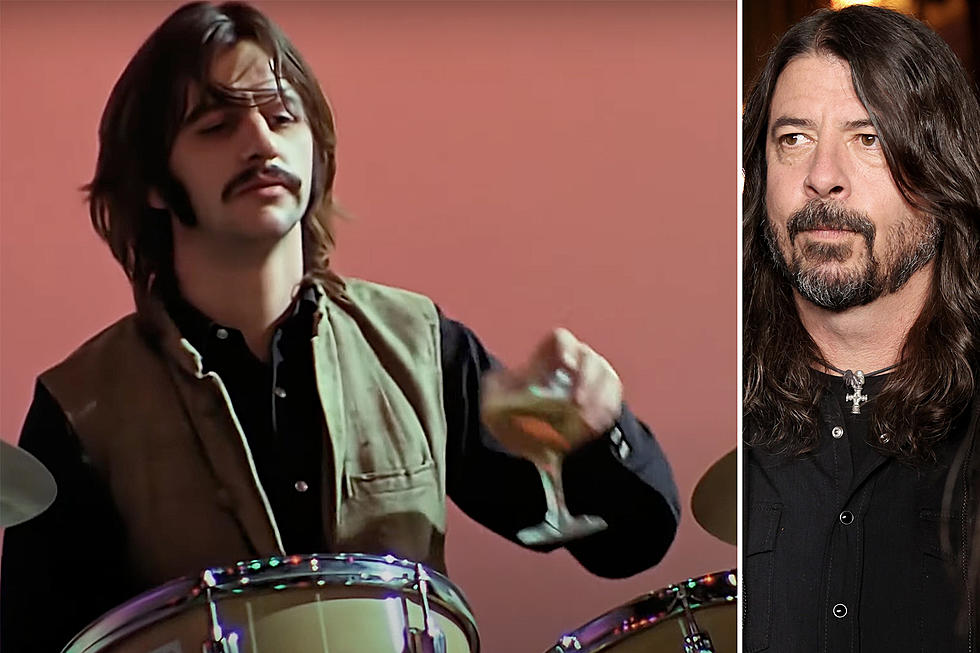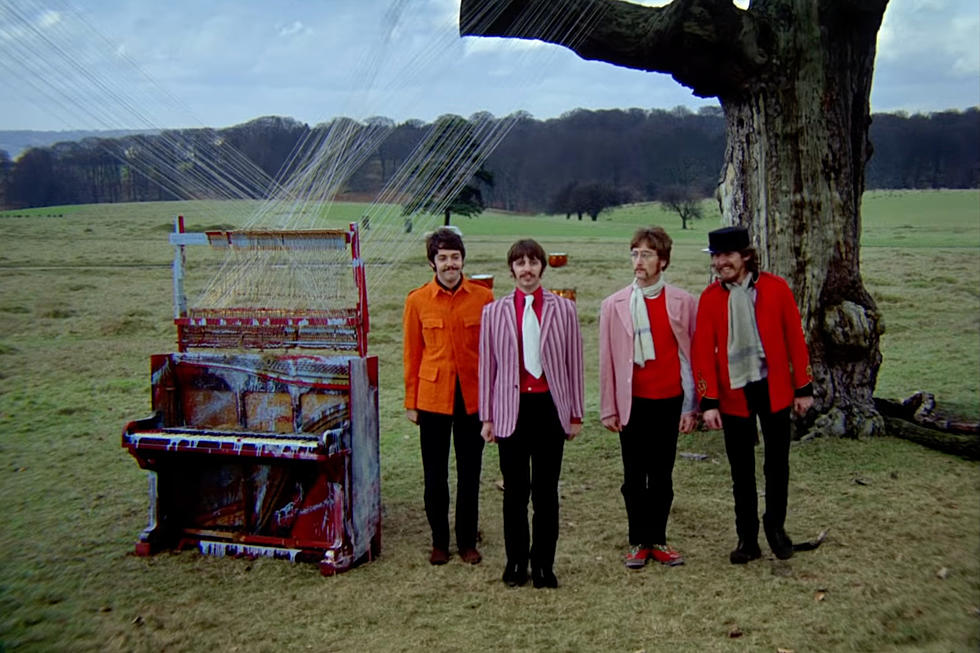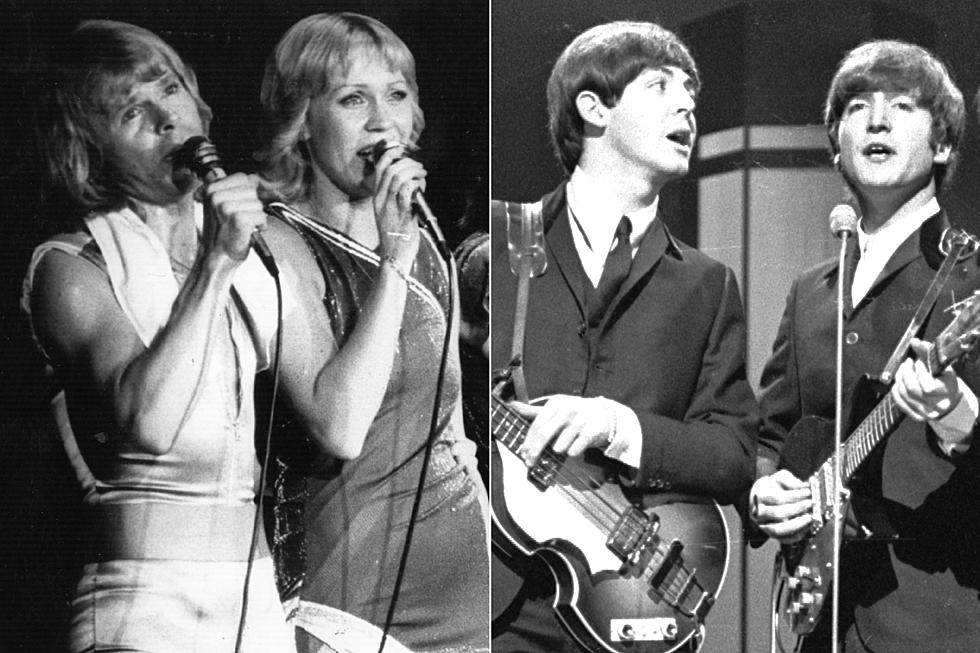The Beatles Started to Show the Strains of Beatlemania on ‘Beatles for Sale’
When the Beatles' fourth album, Beatles for Sale, was released on Dec. 4, 1964, it was their third LP in a little more than a year. They also recorded and put out a fair share of non-album singles during this period. Plus, there was that whole taking-over-the-world thing that started 10 months earlier, when the group first landed in the U.S.
So it was a busy 1964 for the Beatles. And Beatles for Sale capped it with another collection of songs that pretty much borrowed a little bit here and a little bit there from its three predecessors: a handful of originals, a sprinkling of covers and a little bit of maturity just to show that they weren't spinning in place.
But, thing is, by the end of their busy year, they almost were. The strain of the past 12 months on the group -- their debut album, Please Please Me, and its follow-up, With the Beatles were released in 1963, the latter near the end of the year -- was beginning to show. A Hard Day's Night, which was released in July 1964, was the first Beatles album to include all original material written by John Lennon and Paul McCartney. From the start, this was one of their primary goals and one of the things that most separated them from other bands at the time.
But of the 14 tracks on Beatles for Sale, almost half of them -- six in all -- were covers of songs written and made famous by Chuck Berry, Buddy Holly and Carl Perkins, among others. Lennon and McCartney simply didn't have the time to write enough new songs -- with hit albums, singles, concerts, TV appearances, a movie and taking over the world already on their agenda -- to fill out the record and meet their pre-Christmas deadline. The initial sessions for the album started in June, just a week after they wrapped work on A Hard Day's Night.
Little surprise then that Beatles for Sale ended up one of the group's weakest albums. Even with solid covers they knew inside out -- particularly Berry's "Rock and Roll Music," the relatively obscure "Mr. Moonlight" and Perkins' "Honey Don't," sung by Ringo Starr -- they're still covers, and the Beatles had moved beyond that on A Hard Day's Night. On Beatles for Sale, they're merely treading old ground they thought they had put behind them. (McCartney once astutely referred to Beatles for Sale as the group's stage show plus a few new songs.)
The originals -- "No Reply," "I'm a Loser," "Baby's in Black," "I'll Follow the Sun," "Eight Days a Week," "I Don't Want to Spoil the Party" -- Lennon and McCartney did manage to write are still pretty great, if not exactly meeting the levels of excellence of the songs on A Hard Day's Night and Help!, which followed in August 1965. (They also penned "I Feel Fine" and "She's a Woman" during this time, and they were released as a stand-alone single a couple of weeks before the album.)
It was also during this time that Lennon and McCartney began going their own ways as songwriters. Even though all of their Beatles songs were credited as co-written collaborations, the rule from this point forward is pretty much, the Beatle who sings it wrote it. And the divide between their styles would start to take shape here, even if they each still contributed key sections to one another's songs. Counter Lennon's introspective and self-deprecating "I'm a Loser," influenced by his meeting Bob Dylan a few months earlier, with McCartney's "I'll Follow the Sun," a ballad that he originally sketched out when he was 16. It wouldn't be long before that divide widened.
Even with its shaky formation, as well as the generally morose nature of the new songs (there are some seriously downer songs here, especially on the first side), Beatles for Sale still reached No. 1 in the U.K. and stayed there for 11 weeks. The album didn't receive a proper release in the U.S. until 1987, when it was finally issued on CD along with the Beatles' first three U.K. albums. Instead, U.S. fans had to piece together Beatles '65 (released less than two weeks later) and Beatles VI (released in June 1965) to get the original LP in all its world-weary, tired-of-Beatlemania glory.
Beatles Albums, Ranked Worst to Best
You Think You Know the Beatles?
More From Classic Rock Q107










